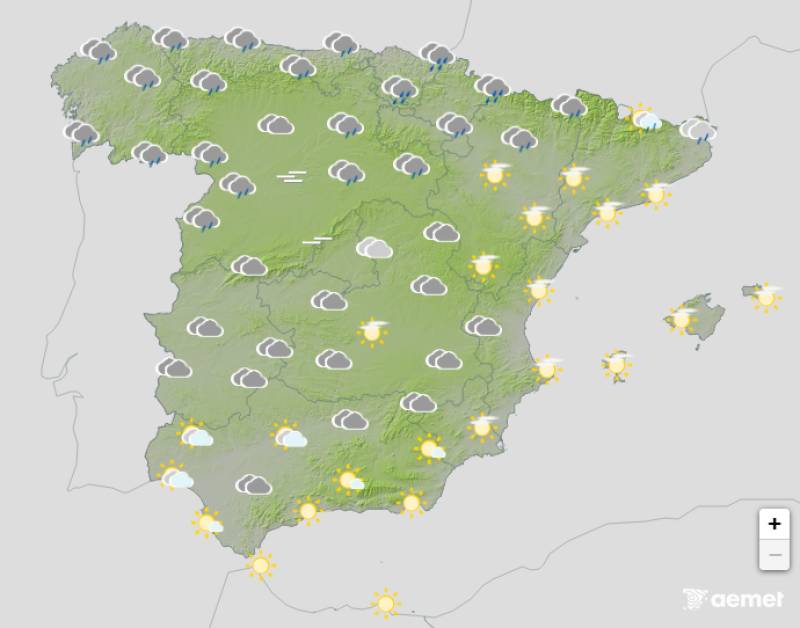- Region
- Vega baja
- Marina Alta
- Marina Baixa
- Alicante
- Baix Vinalopo
- Alto & Mitja Vinalopo
-
ALL TOWNS
- ALICANTE TOWNS
- Albatera
- Alfaz Del Pi
- Alicante City
- Alcoy
- Almoradi
- Benitatxell
- Bigastro
- Benferri
- Benidorm
- Calosa de Segura
- Calpe
- Catral
- Costa Blanca
- Cox
- Daya Vieja
- Denia
- Elche
- Elda
- Granja de Rocamora
- Guardamar del Segura
- Jacarilla
- Los Montesinos
- Orihuela
- Pedreguer
- Pilar de Horadada
- Playa Flamenca
- Quesada
- Rafal
- Redovan
- Rojales
- San Isidro
- Torrevieja
- Comunidad Valenciana
article_detail
Date Published: 15/02/2024
Beware of new text scam from traffic authorities doing the rounds in Spain
Fraudsters are sending fake fines to drivers in Spain, posing as the Directorate General of Traffic (DGT)

The Spanish Consumer Association has alerted the public about a recent phone fraud scheme that is targeting numerous motorists. The scam involves sending text messages (SMS) that appear to be from the Directorate General of Traffic (DGT) and claim that the recipient has an outstanding fine of 35 euros.
The message threateningly states that the fine will increase within 24 hours if payment is not made through a linked provided.
The text message looks legitimate and the scammers are counting on drivers responding to the SMS and making the payment without verifying the authenticity of the fine.
How the DGT usually issues fines
It’s important to be aware that the DGT does not use SMS messages to solicit payments or threaten penalties for non-payment of traffic violations. The DGT only ever issues fines through written notifications sent to the offender's address or through electronic notifications for those with an activated digital certificate.
Therefore, any text message requesting prompt payment through a hyperlink should be met with suspicion and thoroughly verified prior to taking any steps.
This scam is part of a long line of schemes that use the instantly recognisable name of the DGT. Cybercriminals often employ phishing techniques, capitalising on the trust people have in reputable institutions to steal personal information or extort money.
To avoid falling prey to these scams, it's essential not to click on links or download attachments from dubious messages. Instead, verify the authenticity of the sender's email address or phone number and be wary of any misspellings or unusual language usage.
If in doubt, it's best to contact the organisation directly to confirm its authenticity.
Find all the latest motoring and travel news here or join our Driving in Spain Facebook group for regular updates
Image: Freepik
staff.inc.ali
Loading
Sign up for the Spanish News Today Editors Roundup Weekly Bulletin and get an email with all the week’s news straight to your inbox
Special offer: Subscribe now for 25% off (36.95 euros for 48 Bulletins)
OR
you can sign up to our FREE weekly roundup!
Read some of our recent bulletins:
Discount Special Offer subscription:
36.95€ for 48 Editor’s Weekly News Roundup bulletins!
Please CLICK THE BUTTON to subscribe.
(List price 3 months 12 Bulletins)
Read more stories from around Spain:
Contact Murcia Today: Editorial 000 000 000 /
Office 000 000 000


























